AFRE grad student abroad: fruitful learning experiences in Ghana
Photo essay from third-year AFRE grad student Yeyoung Lee on her experiences at the PRCI Global Gathering in Ghana
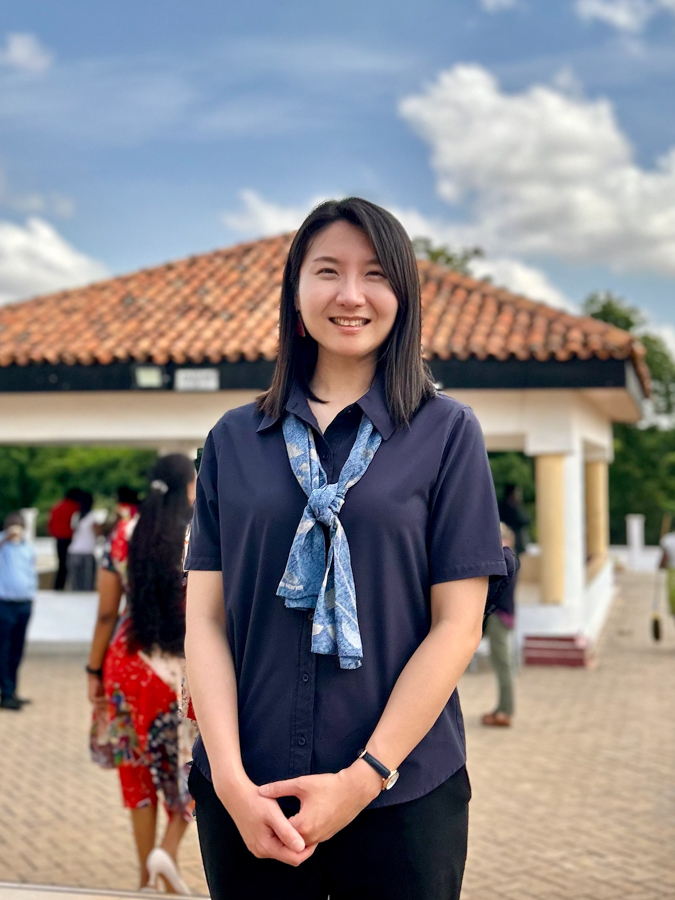
Yeyoung Lee is a third-year Ph.D. student in the Department of Agricultural, Food, and Resource Economics (AFRE) at Michigan State University. She assists Drs. Nicole Mason-Wardell and Veronique Theriault with PRCI-Africa technical training activities under Feed the Future Innovation Lab for Food Security Policy Research, Capacity, & Influence (PRCI). Her research interests largely focus on human capital development, food and nutrition security, and women’s empowerment in African countries. She is currently looking at the impact of small-scale irrigation on women's time allocation in Ethiopia, collaborating with Elizabeth Bryan and Claudia Ringler at IFPRI and the MSU team. Below she shares insights from her experience attending the 2023 PRCI Global Gathering in Accra, Ghana, from April 25-27.
During the PRCI Global Gathering in Ghana, I learned how PRCI creatively developed collaboration with partners across Africa and Asia and actively worked together to strengthen research capacity to conduct rigorous policy research. As taking the steps along the way with participants from all different places, I found each piece of PRCI’s past and current journey building up together, which revealed the main objective of PRCI.
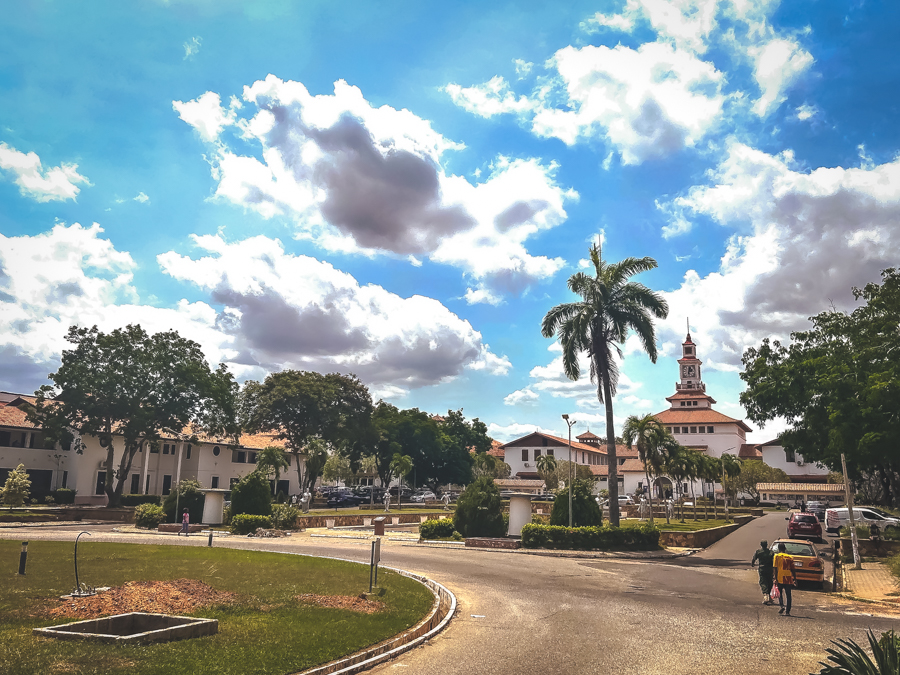
As a graduate student, being part of the gathering with researchers, experts, and policymakers, I took advantage of many opportunities to ask questions inspired by the discussions and presentations. Throughout the convening, I was able to have rich conversations with many panelists and groups and learn from their perspectives. A diverse poster session and research presentations also helped me find a set of evidence-based knowledge and generate new questions.
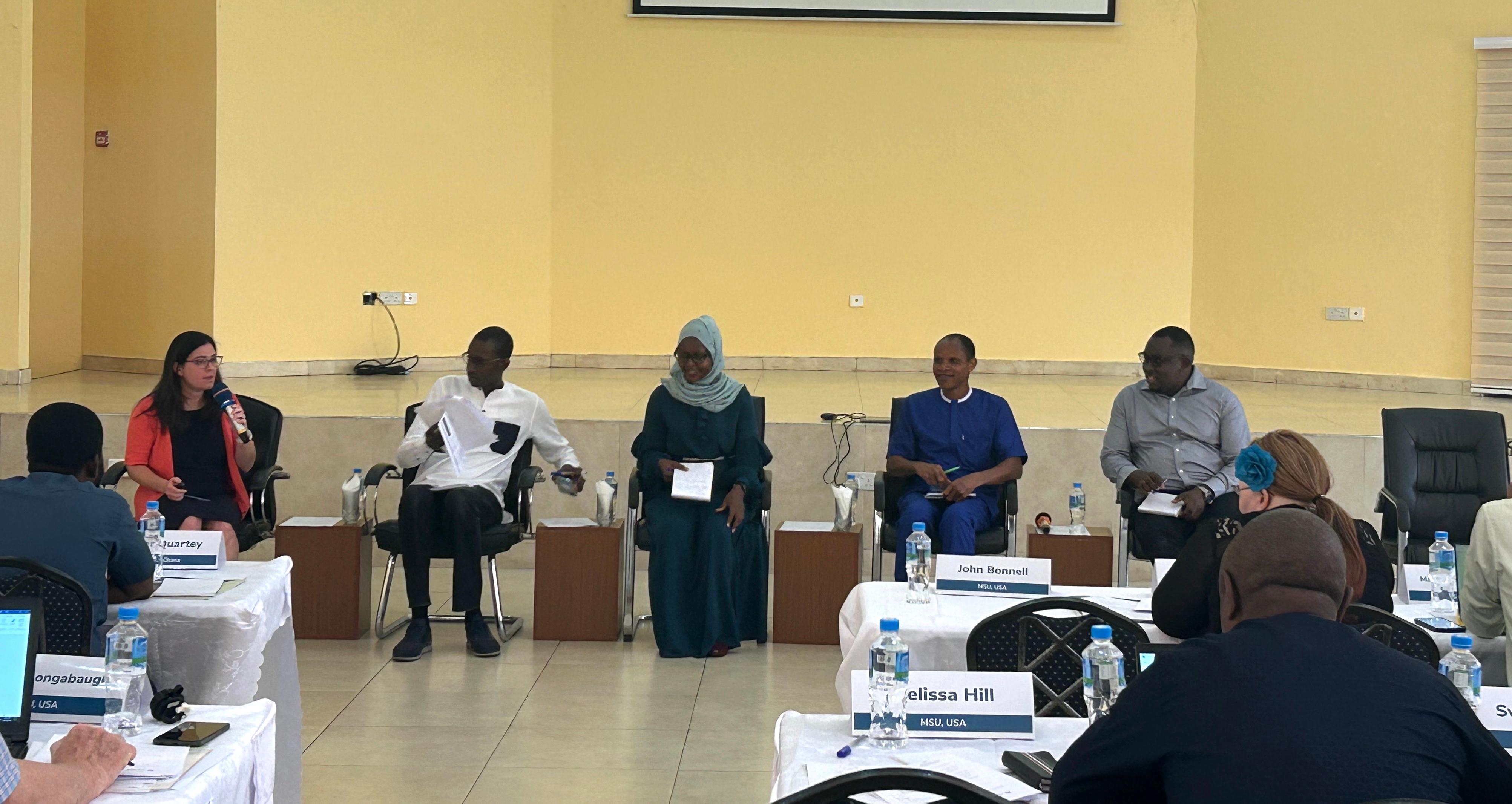
Furthermore, various back-and-forth panel discussions led me to identify the most compelling accomplishments under PRCI and top priorities for the remaining period and beyond. One of the top priorities is the sustainability of both the programs and the collaborations between institutions. The researchers from Africa and Asia pursue developing relationships and partnerships for the longer term. During the discussion, I learned that achieving the goals of the Lab requires careful consideration of individual and institutional capacity building, as well as regional, network, and cross-country collaboration.
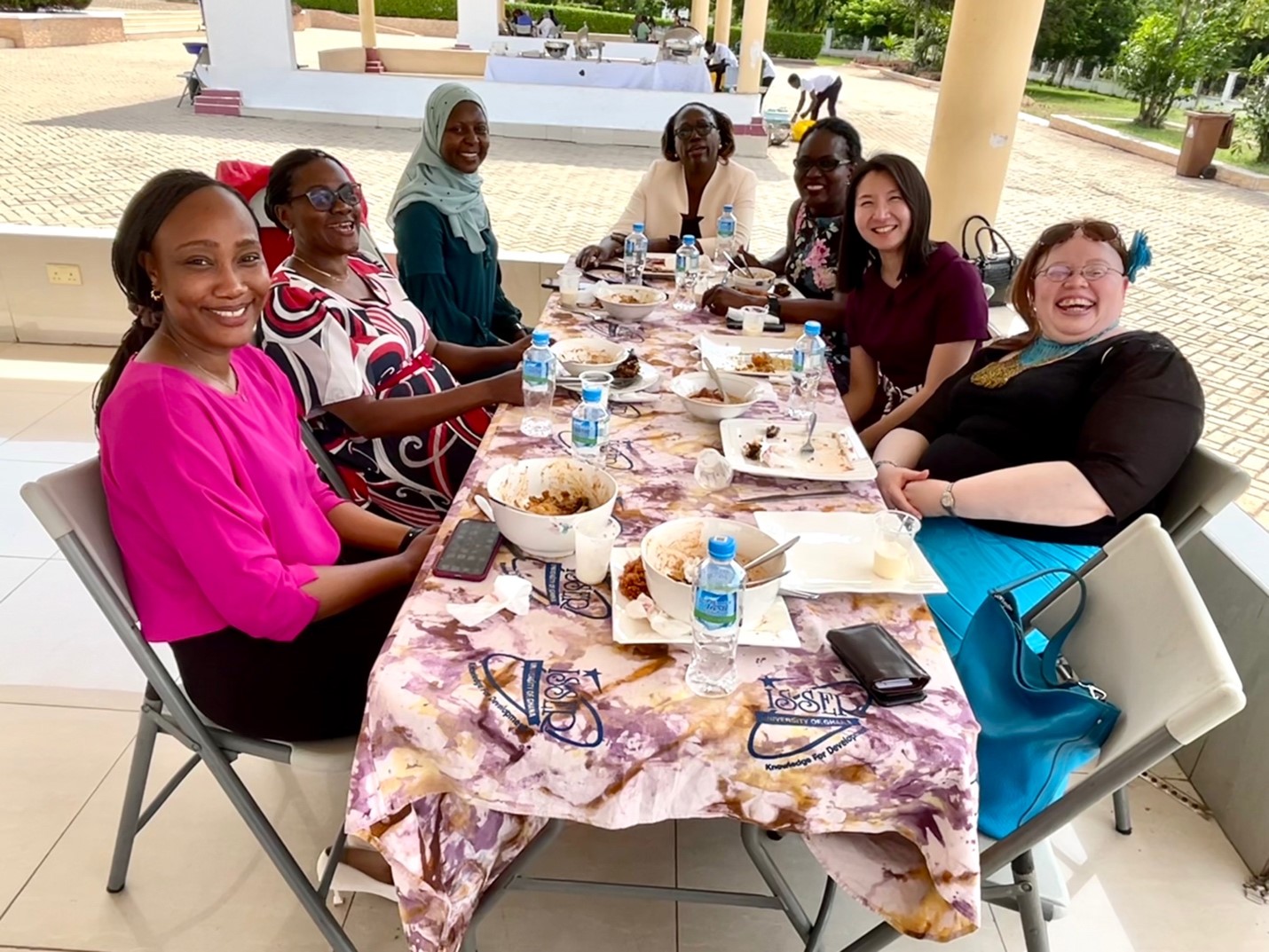
The PRCI-Africa technical training could be one of the examples of the collective process. During the panel discussion, it was encouraging to hear from the Core Center panelists, who have collaborated with the team as co-trainers and developers of past training materials. The discussion focused on what the participants and co-trainers consistently benefited from during the previous PRCI-Africa technical training activities and how their involvement in the training influenced their capacity and network.
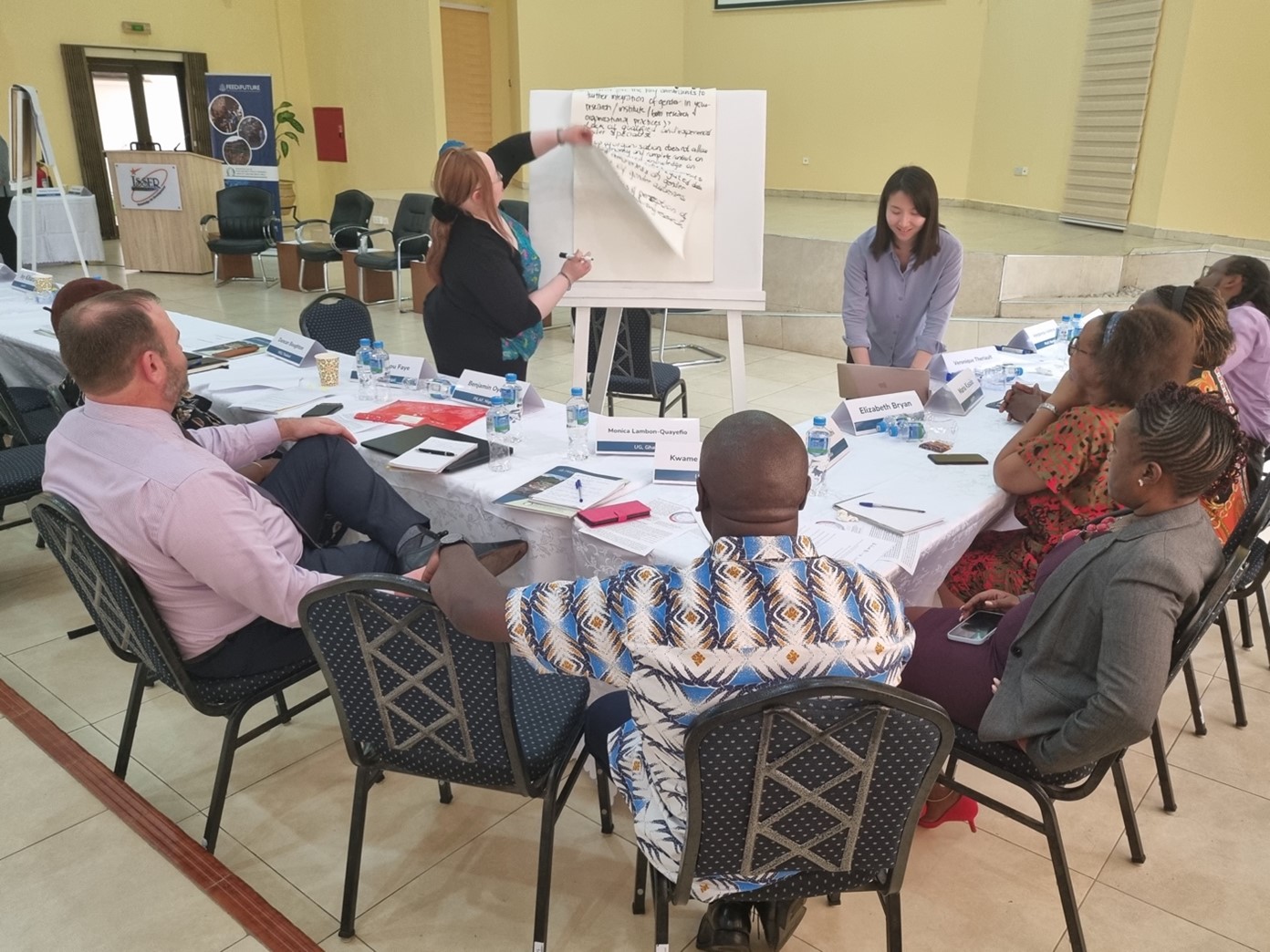
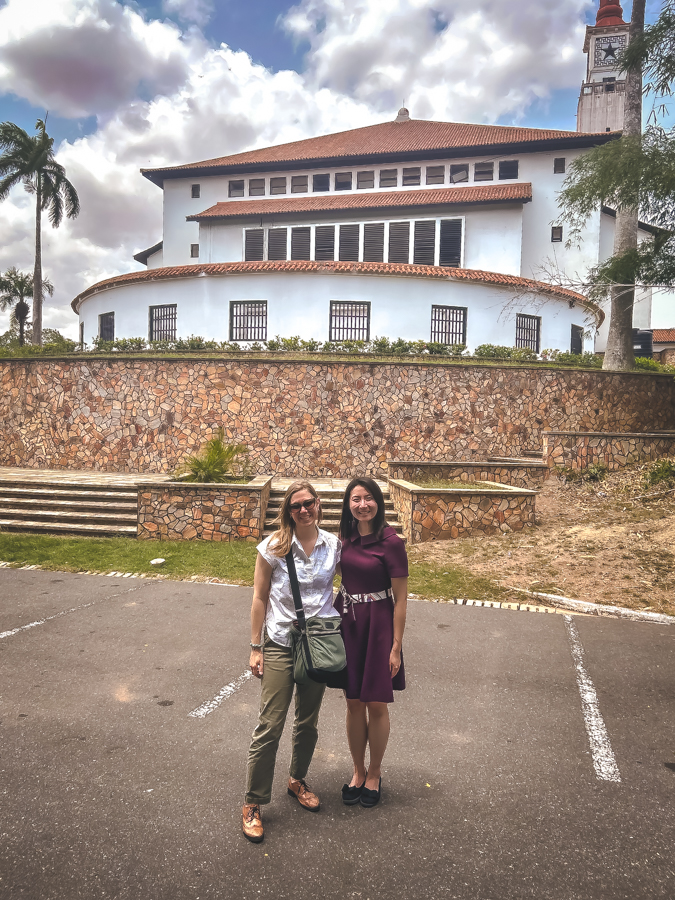 and Yeyoung.jpg)
Another fascinating insight I found is that gender equality has received much attention in the gathering in various ways. For example, counting men’s and women’s speaking time using the Gender Avenger app, discussion on “Gender in PRCI” as a breakout group, and some research presentations spotlighted the need for greater gender equality. As I have a keen interest in enhancing women’s empowerment (particularly in women’s time use) in African regions, discussions on gender led me to gain insights regarding gender-related topics from diverse groups and find potential ways to further integrate gender in research and institutes.
To sum up, the PRCI Global Gathering provided diverse learning opportunities for me and ensured that we can reap the fruits of our collective efforts together.
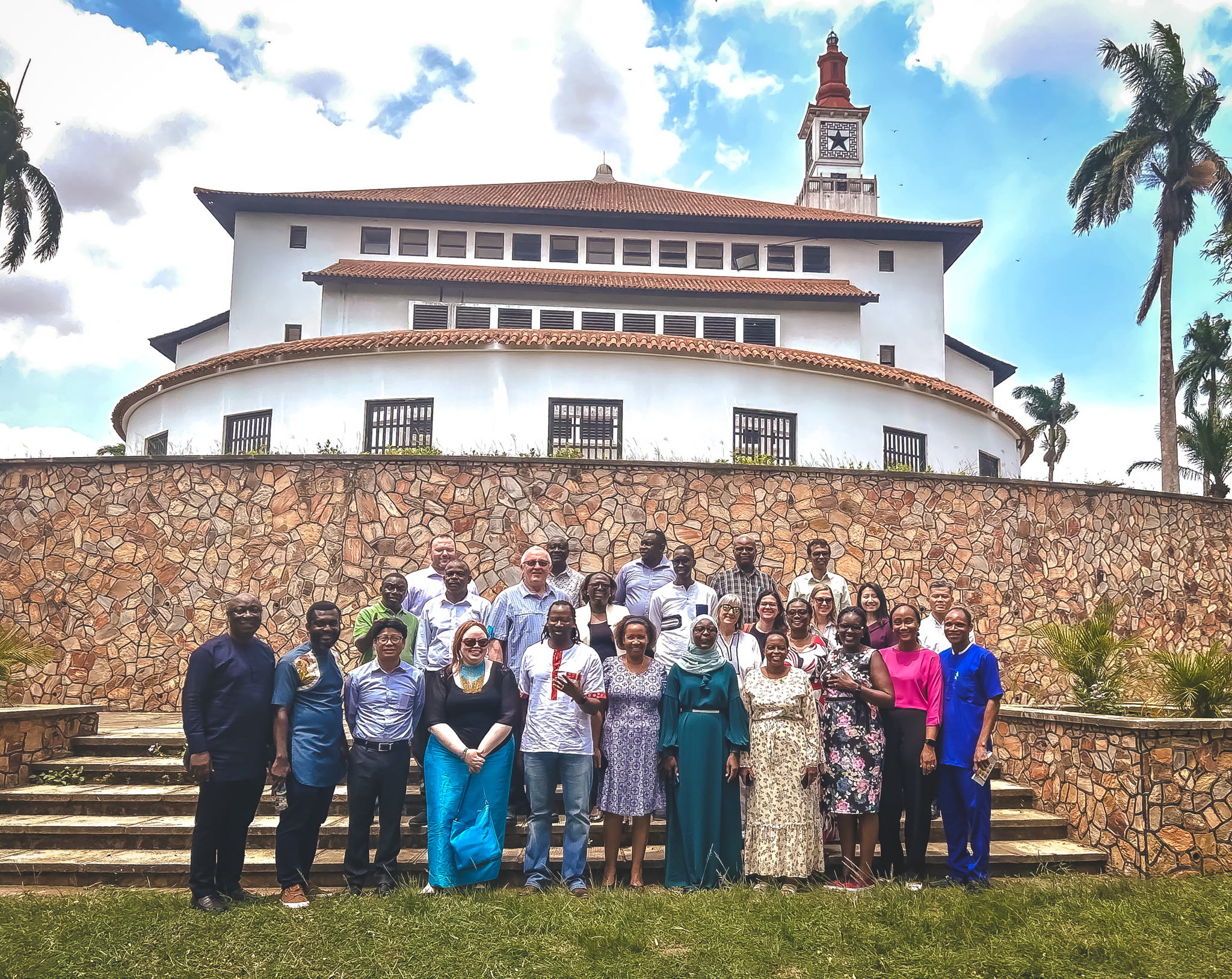
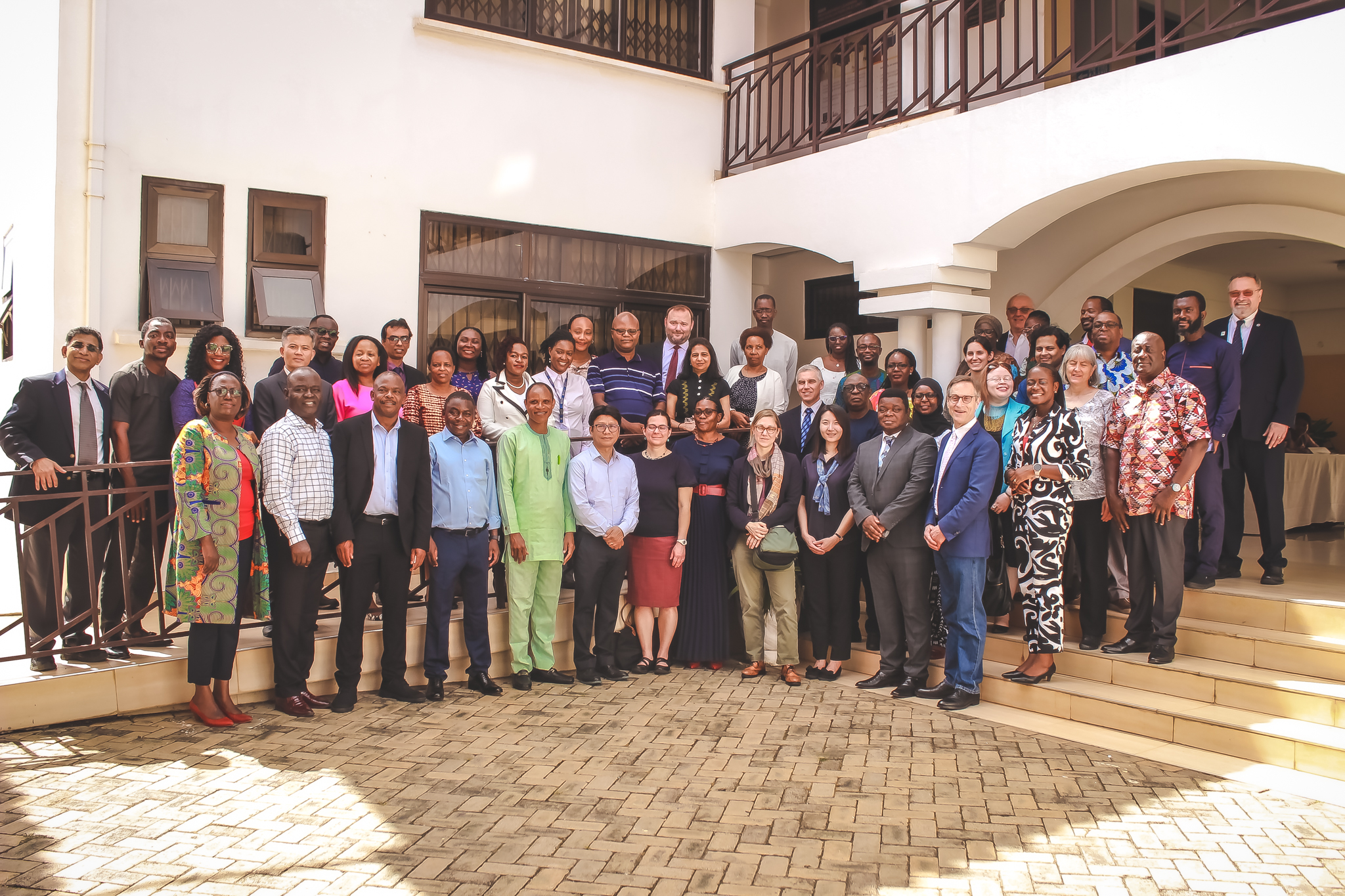



 Print
Print Email
Email




